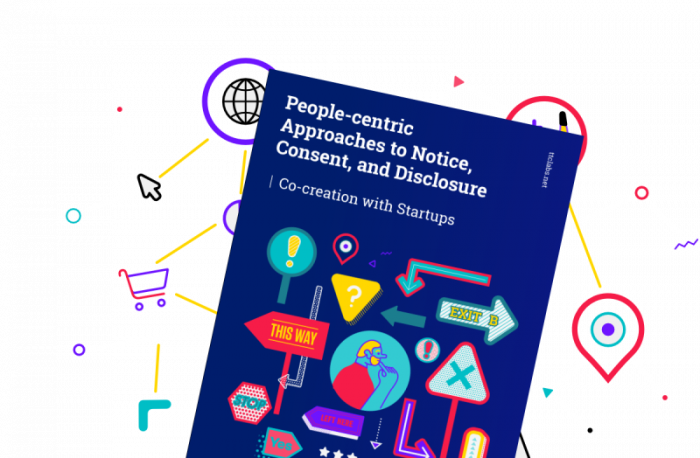This is the first in a new series of interviews with privacy experts which we’ll be sharing on the TTC Labs website. The interviews will cover a range of topics at the intersection of privacy and design. Our first interviewee is Alex Pompe, Public Policy Research Manager, Data for Good at Meta. The interview was conducted in November 2021 by Denise Butler, Privacy Policy Manager at Meta. Our thanks to both Alex and Denise.

Welcome, Alex! Can you tell us a little about the “Data for Good” team at Meta and what you do?
Our job is to produce privacy protecting data sets that can be shared externally and used by researchers and professionals in a variety of fields.
Once we have these data sets, they can go to NGOs, governments, etc. For example, we can share mobility data with governments to respond to wildfires. This data helps them know where to send firefighters and how best to allocate resources.
More recently, we’ve been looking at how human mobility changed because of lockdown during a pandemic, and how human mobility impacts pathogen spreading. Using aggregated movement data, we are helping quantify the economic impact of these events on local businesses and looking at their long term impact on climate change as well in terms of distance and number of trips taken.
How did Data for Good get started?
In 2017, a data scientist noticed that the Canadian Red Cross was responding to wildfires in northern Alberta by looking at where users were reporting on the Facebook app . She was able to aggregate the relevant data and add noise (Differential Privacy) which protected the privacy of users before sharing that information with first responders so they would know where to go.
Tell us about your COVID work?
We started tracking the impact of Covid-19 in January 2020 in a similar manner as we’ve done for other disaster responses. We were very quick to link up with our disaster response partners to see how we could help understand the spread of the disease using aggregated data which would reveal trends over time in movement patterns. We had already been working on these forms of aggregated mobility data for a malaria prevention campaign in Africa, and were able to pivot that work into a quick COVID response.

